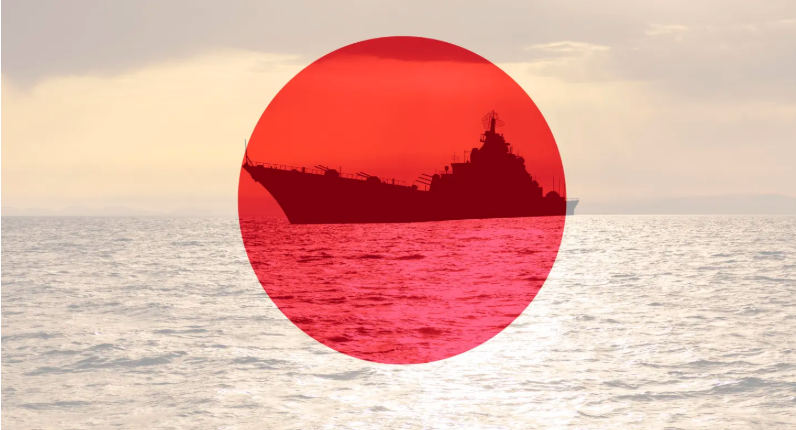Prime Minister Shigeru Ishiba has also signaled sharper focus on the defense sector and became the first sitting prime minister to attend DSEI Japan, the country’s largest defense exhibition.
While the shift in stance comes at a time when global defense spending has been on the rise, Japan’s motivations are linked more to its security concerns than profiting from the surge in global arms demand, experts told.
The biggest reason behind this shift is to deepen ties and increase interoperability of Japanese forces with allies and partners, said Rintaro Inoue, research associate at the Institute of Geoeconomics, a Tokyo-based think tank.
By exporting its arms abroad, a country is able to improve interoperability with the purchasing parties by standardizing maintenance processes for hardware and creating joint training opportunities.
“This rationale has been the main pillar after Prime Minister [Shinzo] Abe created the concept of ‘proactive contribution to peace’ in 2013 which aims to deepen cooperation with other Western countries in this area, and especially in security fields,” he said.
When the late Abe was in office, he led efforts to revise the interpretation of Article 9 of Japan’s constitution to allow the JSDF to more actively contribute to international peacekeeping efforts and defend allies.
Japan also wants to develop its defense industrial base, which had been in “very poor conditions” before the country moved to increase its defense budget in 2022, Inoue said. Exports will allow it to achieve the economies of scale needed to make domestic production more viable.
Instead of investing in Japan’s domestic defense base, the country has largely purchased weapons from the U.S., such as the F-35 fighter jets and SPY-7 radar systems.
“This created a severe situation among the defense industry based in Japan, and several companies have left the industry, especially in the supply chain,” Inoue said. In 2023, more than 100 companies were reported to have left the defense industry in the past 20 years.
Naoko Aoki, political scientist at U.S.-based policy think tank RAND, said that Japanese defense firms have traditionally operated with limited domestic demand from the JSDF. Being able to export defense items means that companies would have a bigger customer base, helping them develop production capacities, lower costs and have more flexibility.
“Even if the JSDF needed more of, for example munitions, these companies would not be eager to invest in new facilities to produce more of them, if they think that is a one-time request. If there were more stable demand at a higher level, however, they can justify the investment,” Aoki said.
As of 2024, Japan’s arms exports stood at 21 million TIV — just 0.1% of global arms exports — according to the Stockholm International Peace Research Institute. The TIV or trend-indicator value is a measure of the volume of international transfers of major conventional weapons.
In comparison, neighboring South Korea exported 936 million TIV in 2024, with 3.3% of global arms exports, while TIV for China, the largest Asian arms exporter from 2020-2024 stood at 1.13 billion, accounting for 3.9% of global shipments.
Defense is attractive as a growth sector, according to veteran investor David Roche, strategist at Quantum Strategy. “Demand will exceed supply for a decade,″ he said. So, building domestic capacity is of paramount importance.
Roche said that if nations such as Japan stay dependent on the U.S., the Trump administration’s more transactional approach will oblige them to pay for much more of their own defense, or defense equipment supplied by the U.S.
Roche pointed to U.S. Defense Secretary Pete Hegseth’s speech during the 2025 Shangri-La Dialogue, earlier this month: “We ask — and indeed, we insist — that our allies and partners do their part on defense … NATO members are pledging to spend 5% of their GDP on defense, even Germany.”
“So it doesn’t make sense for countries in Europe to do that while key allies in Asia spend less on defense in the face of an even more formidable threat, not to mention North Korea,” Hegseth added.
“If they distrust the U.S. to honor its treaty engagements, then individual nations must ensure their own security and spend a lot of money doing so,” Roche said.
Japan in 1967 adopted “Three Principles on Arms Exports” that restricted arms exports, and later expanded those principles to a practically impose an across-the-board ban on arms exports, except for transfers of military technologies to the U.S.


